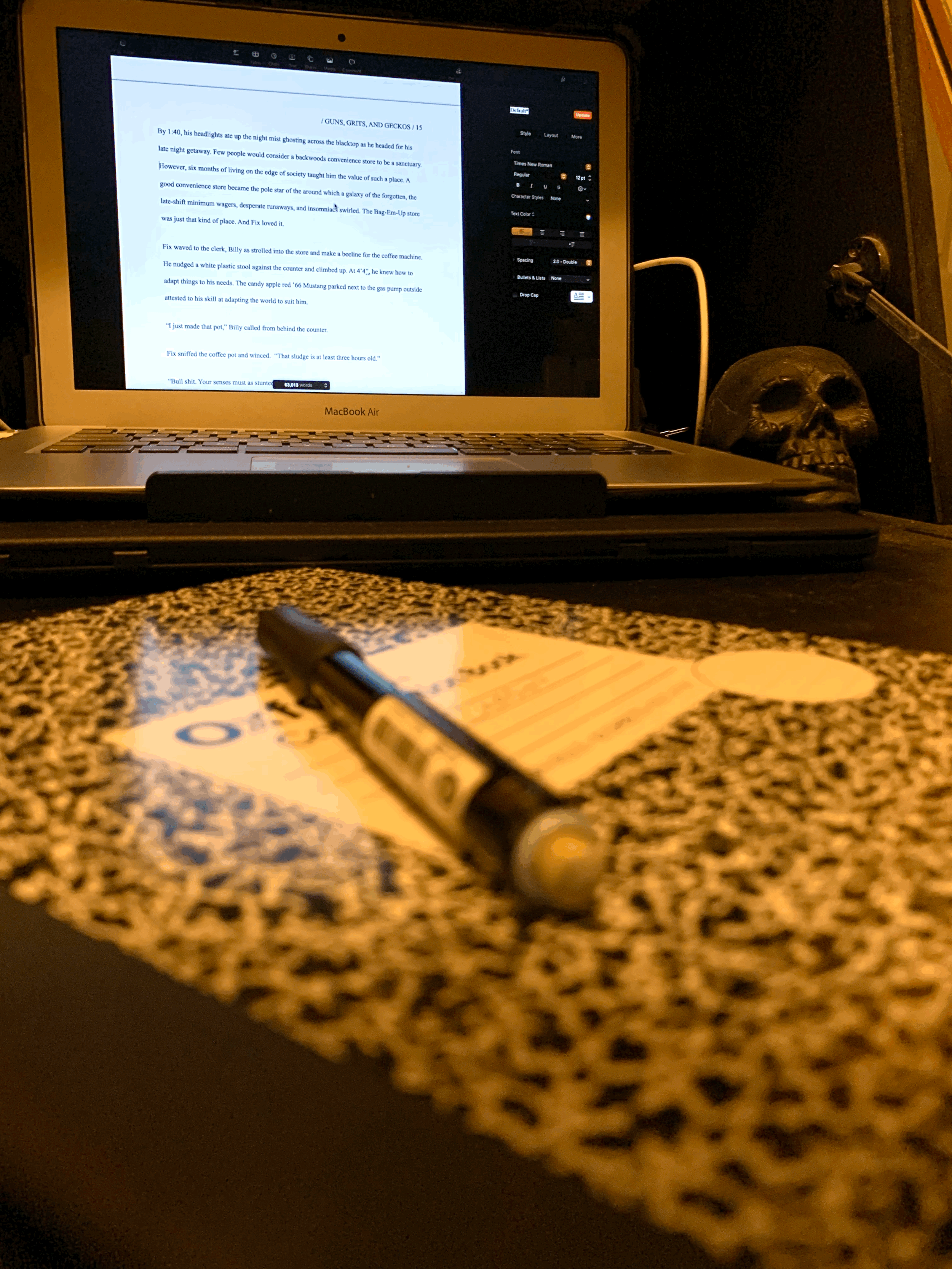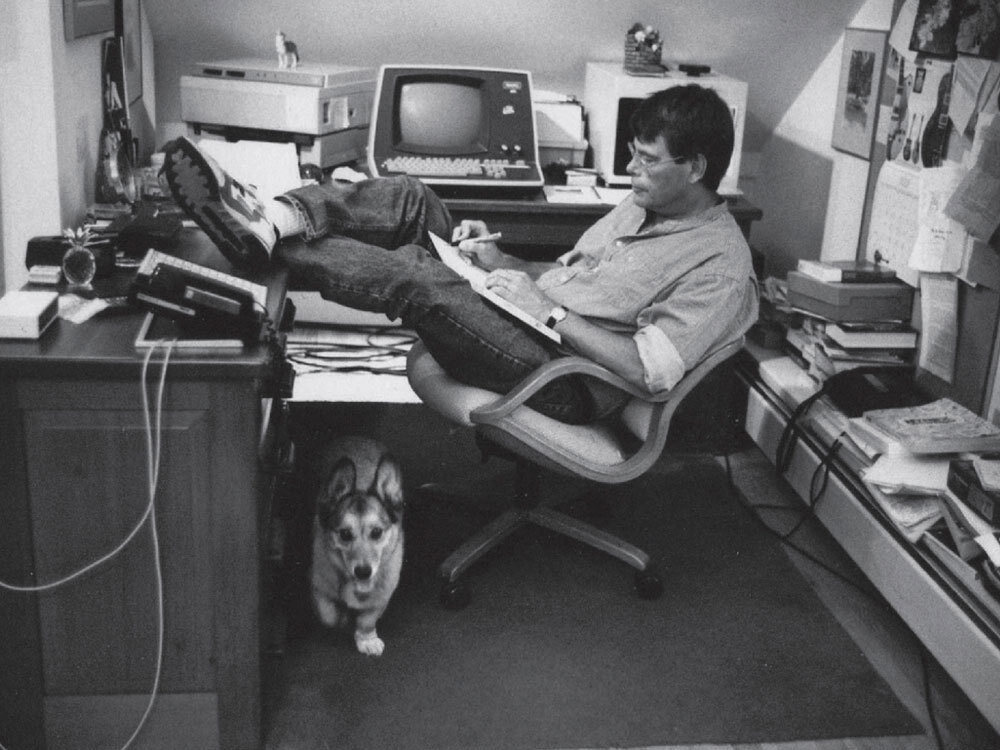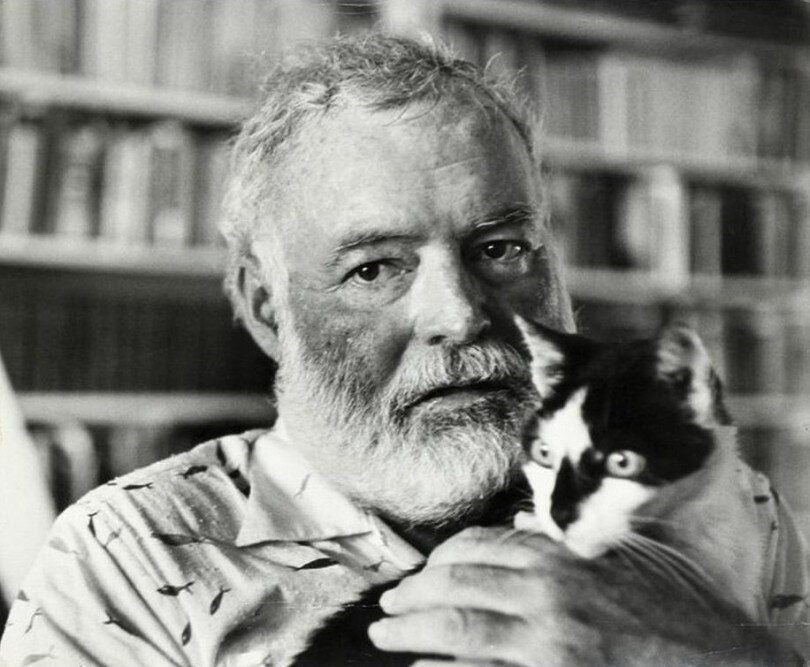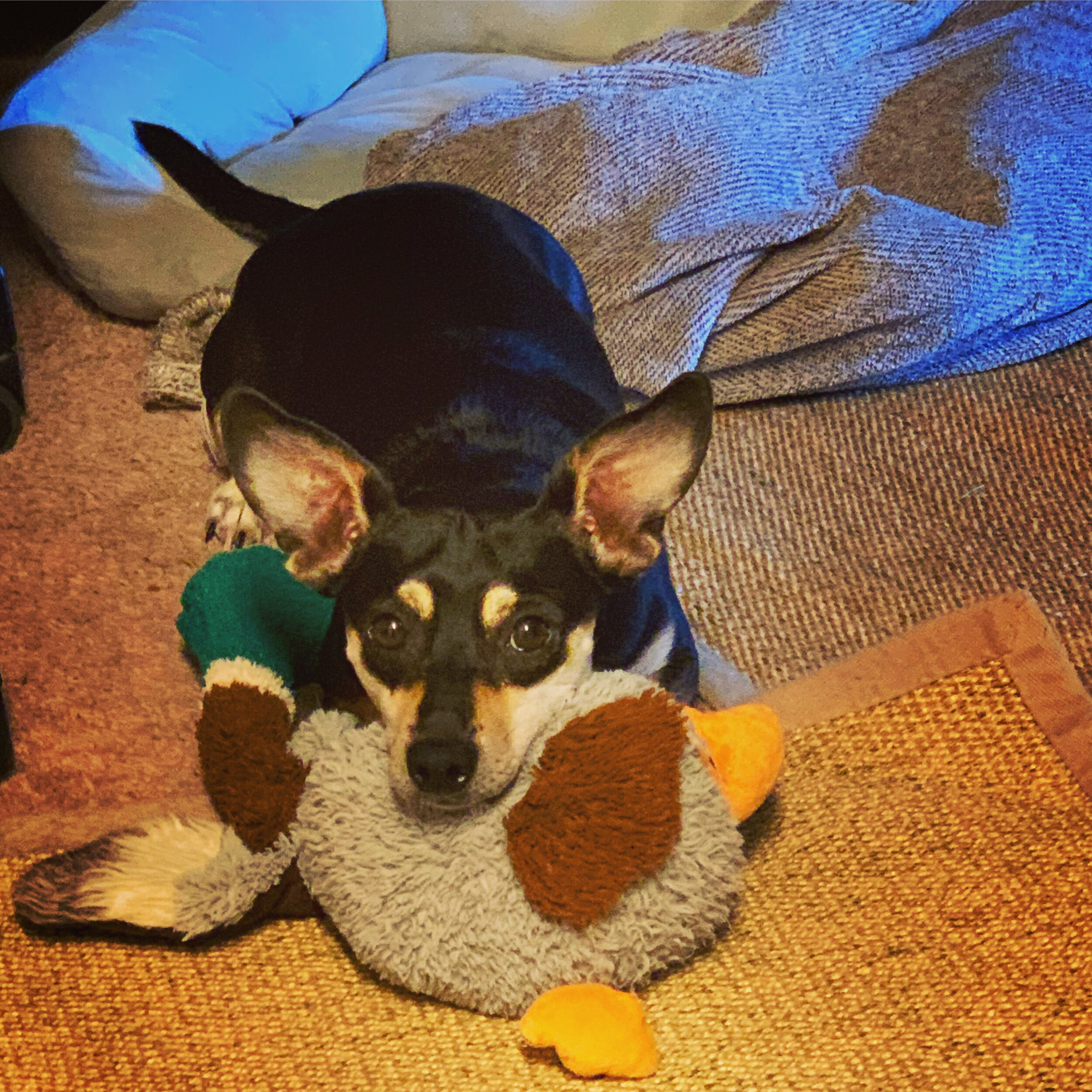Unless you’re among the extreme minority of writers who make a comfortable living off of those words you create, time is never on your side. Long gone are the days of wealthy patrons who adopt a poor writer and set them up in a spare room on their estate. Or is that just a fantasy we writers like to dream that there used to be?
My bills are paid by my day job as a bookseller. Actually, I live in San Diego. So, it takes my bookselling job and my wife’s bookstore job, and her library job to pay the bills. Even when I was a full-time reporter, I didn’t make a living at it. I’ve always had to juggle my writing time around the paying bills time.
If you have the same problem, I’ve listed below the ways I fit time for writing into my daily work life. Hopefully, some of the ideas will work for you as well. Also, if you have any suggestions, please leave a comment.
PUBLIC TRANSPORTATION IS A WRITER’S FRIEND: Taking the bus to work gives me 30-40 minutes of uninterrupted writing time on the way to and from work. Either I carry my laptop or use my cell phone to type away on my current WIP or work on notes.
CARRY YOUR WORK WHEREVER YOU GO: I use the Scrivener writing program. It allows me to go back and forth between my laptop and phone with ease. Anything I write is updated on my other devices. Whenever I’m stuck someplace with nothing to do but wait, I can whip out my phone and knock out a couple of paragraphs.
TURN OFF DISTRACTIONS: TV and social media are time suckers. Limit your social media time. If you’re on social media, try to make it benefit your writing by sticking to writing groups and posts. Watching TV is fine. But limit it to set times.
GET YOUR FAMILY INVOLVED: I don’t mean have them help you write. Although, my wife is a great beta reader for me. What I mean is to have your family understand and support your writing goals. Let them know that you’ve set aside time to write and ask them to help you stick to it. I tell my wife that she’s free to nag me when I neglect my writing.
STAY ORGANIZED: Writing is work. Plan your writing time. Keep your projects organized so you can drop in and out without getting lost. I have a separate email account just for my writing. I use it to email myself story notes, research, and other things directly related to my writing. In that email account, I’ve created folders for each project as well as markets, research and more. That way, I never have to go searching very far for my information.
KEEP OTHER PROJECTS GOING: I say there’s no such thing as writer’s block if you have more than one project going. If you’ve hit a spot in your novel where the path has grown dark, jump onto another project and dedicate some time there while you give the other project time to rest. It could be something as simple as a short story or even an outline. Not writing is a creativity killer.
All of the above have helped me out. However, I admit that I sometimes get sidetracked and have to correct my course. One thing that’s helped is that I’ve tried to make writing a daily habit. After a couple of weeks of setting aside a certain time to write, you will become uncomfortable if you don’t do it. It will become something you have a desire to do. Try it.
I hope that some of the above ideas help you. Writing isn’t easy. Like anything worthwhile, you have to make it a priority. Give it some dedication, and your writing will reward you. Now, quit reading this and go write.
Thanks for reading,
J.A. Jensen



















